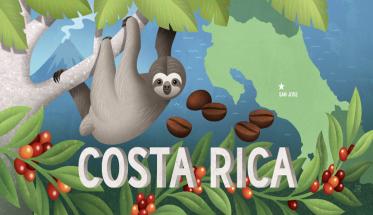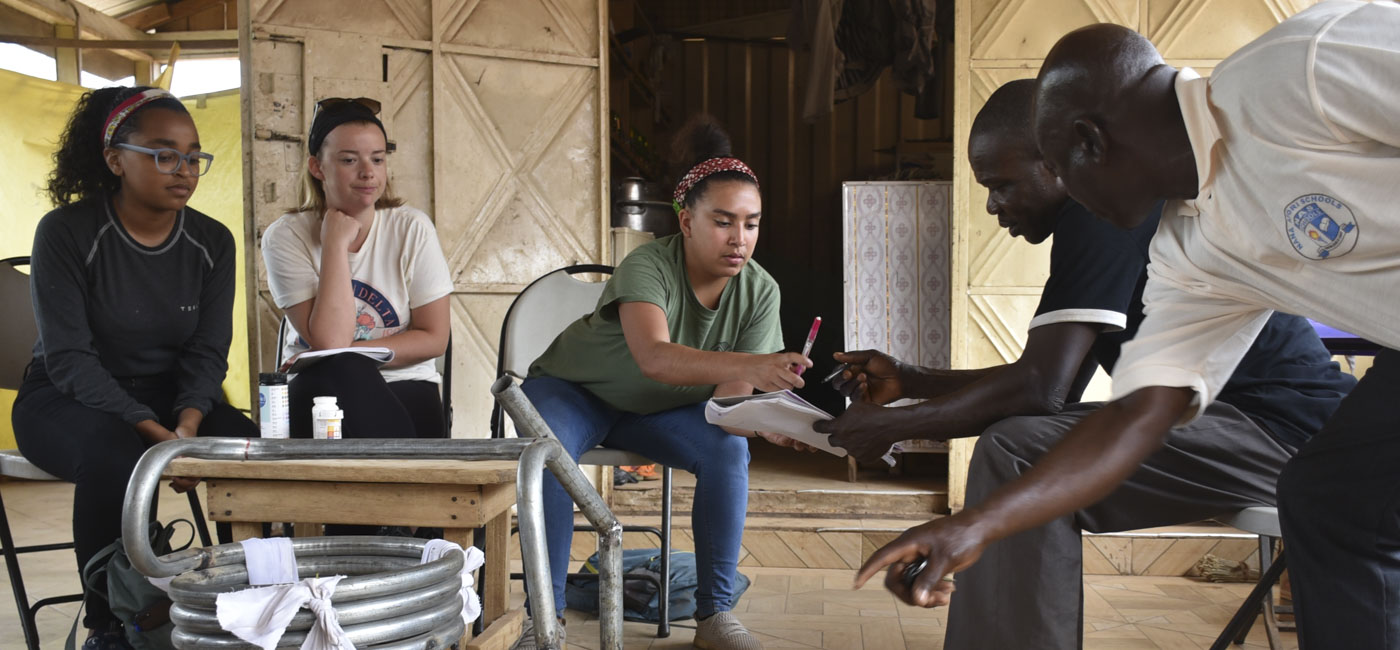Ben Parent ’18 was thrilled to have completed his Interactive Qualifying Project (IQP) last year in Costa Rica, a country known for its lush rainforests, diverse wildlife, and welcoming culture. Yet it was the up-close view of the impoverished neighborhoods in its capital city that left the deepest impression on the biomedical engineering major. Parent’s IQP involved designing park-like corridors along the rivers of San José.
“It was so eye opening,” he says. “I went down there thinking I’d be doing environmental work, but it was more about trying to help the people living there—the people who don’t usually have a voice.”
Enshrined in the country’s constitution is the right to a healthy and ecologically balanced environment, making Costa Rica a natural partner for environmentally focused projects. The Costa Rica Project Center was established 20 years ago and hosts several IQP teams each year. Like Parent, many students emerge from the experience with a deeper understanding of the interconnectedness of the environment, the economy, and human rights.
The country was tapped for a project center in the mid-’90s by now-retired social sciences professor Susan Vernon-Gerstenfeld, who reached out to Costa Rican native Christopher Music ’95 to find sponsors in that country.
He put her in touch with his mother, Marcela Music, who has been on site helping organize projects ever since. The project center is a popular one, according to assistant teaching professor Melissa Belz, who took over as its director two years ago.
“Tourism is booming and they want to make sure development happens in an appropriate way,” says Belz. “This provides a lot of opportunities for us to work with great nonprofits and agencies, the ministry of education, and the ministry of agriculture, because they’re all trying to do environmental programs.”
For their project, Parent and his three teammates partnered with the nonprofit Rutas Naturbanas, which hopes to create 25 kilometers of green space along the Rio Torres and the Rio Maria Aguilar, which run through San José.
The effort seeks to remedy the contradiction between the country’s eco-friendly image and San José’s urban realities. The students researched Boston’s Emerald Necklace for inspiration and interviewed Costa Rican activists, police, and residents of the neighborhoods that would be affected, says team member Cara Bereznai ’18. The students learned that sewage-polluted rivers, traffic congestion, and crime make daily life difficult and keep tourism dollars away. Creating a riverside green corridor would inject money into the local economy while providing an easily navigable route around the city for people on foot and bicycles. The hope is that the effort will also draw attention to the need to clean up the rivers.
Bereznai says she looks forward to seeing the outcome of the IQP team’s work. Jared Danaher, who last year was among a team of four students who worked with the Costa Rican Ministry of Agriculture to develop a tourist route of sustainable farms, feels the same way. The team visited farms in Copey de Dota, catalogued the ecologically conscious techniques that made each one unique, assessed farms in other areas of the country where agritourism thrives, and offered the farmers suggestions for appealing to tourists. The students used their smart phones to collect GPS data and map the tourist route.
“I’ve spoken with a couple of other students and they all agree that it’s nice to be back home,” says Bereznai, “but as time goes on, you start missing your project sites more and more. A lot of people want to check and see if the work they did is helping the people of Costa Rica … I would love to see it from the other side as a tourist now.”

